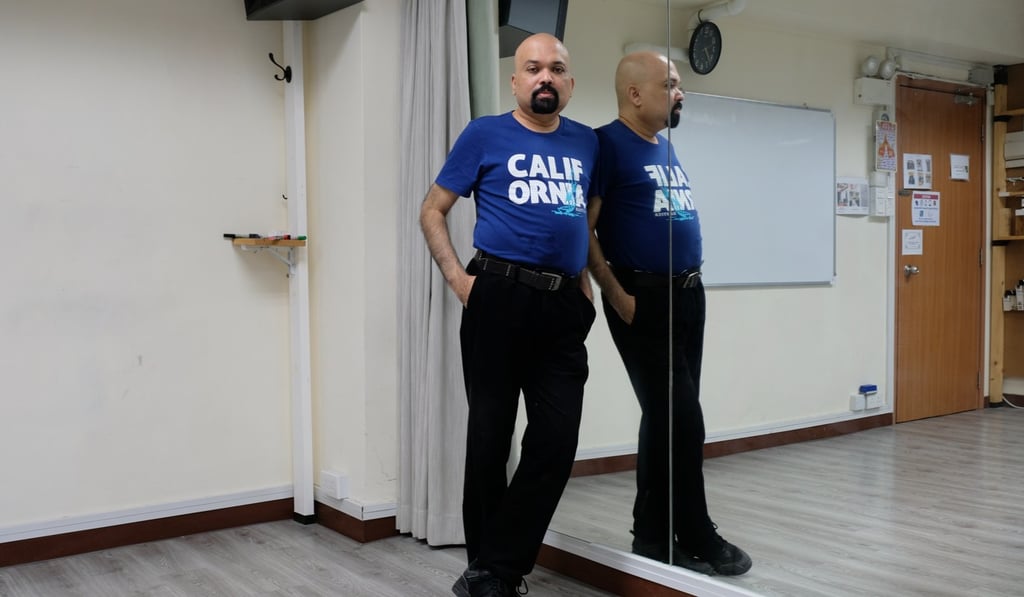Coronavirus pandemic: dance instructors take steps to survive while keeping students safe
- Teachers of Latin dance, known for its close physical contact between partners, are trying to keep their businesses going during the coronavirus pandemic
- Temperature checks, masks, hand sanitiser and vigilance are key, but financial help is much needed, too

When it comes to salsa dancing, social distancing is not an option. That’s why Javed Rasool, a Latin dance teacher in Hong Kong, has lately asked his students to wear surgical masks during classes. The virus-fighting measures don’t stop there: plenty of hand sanitiser is available at his Sheung Wan studio, Dance With Style.
These days, Rasool says, he is doing everything he can to get people to come out for his weekly salsa and bachata lessons.
“Life had been comfortable until the protests and the coronavirus,” says the Hong Kong resident of almost 20 years, referring to the months-long anti-government movement in the city. “But this virus has totally killed [business] off.”

Dance instructors point out that their studios – particularly ones that host partner dances such as salsa and tango – are especially vulnerable. Students are wary that Latin dances, which often call for close embraces and hand-holding with complete strangers, could cause transmission of the coronavirus.